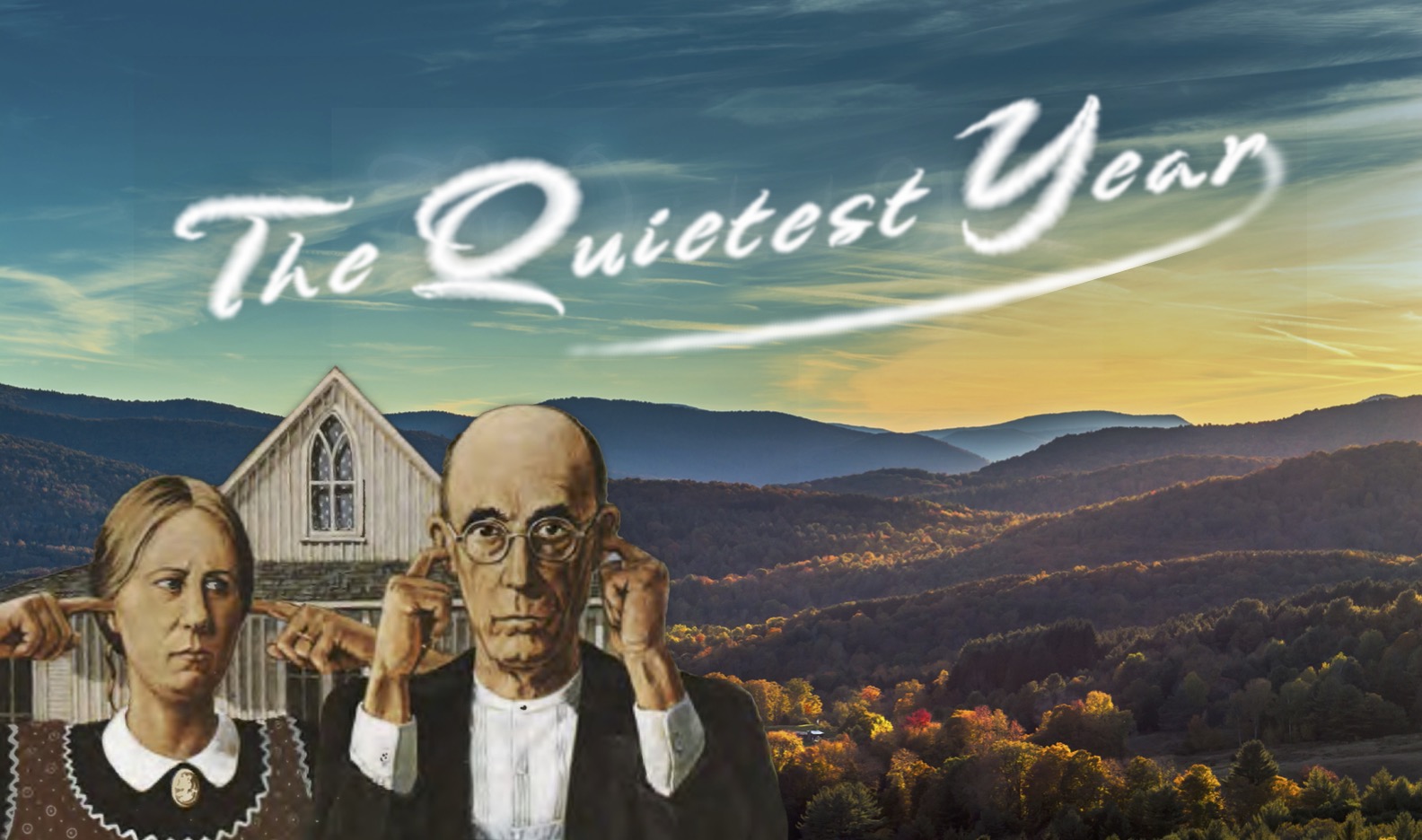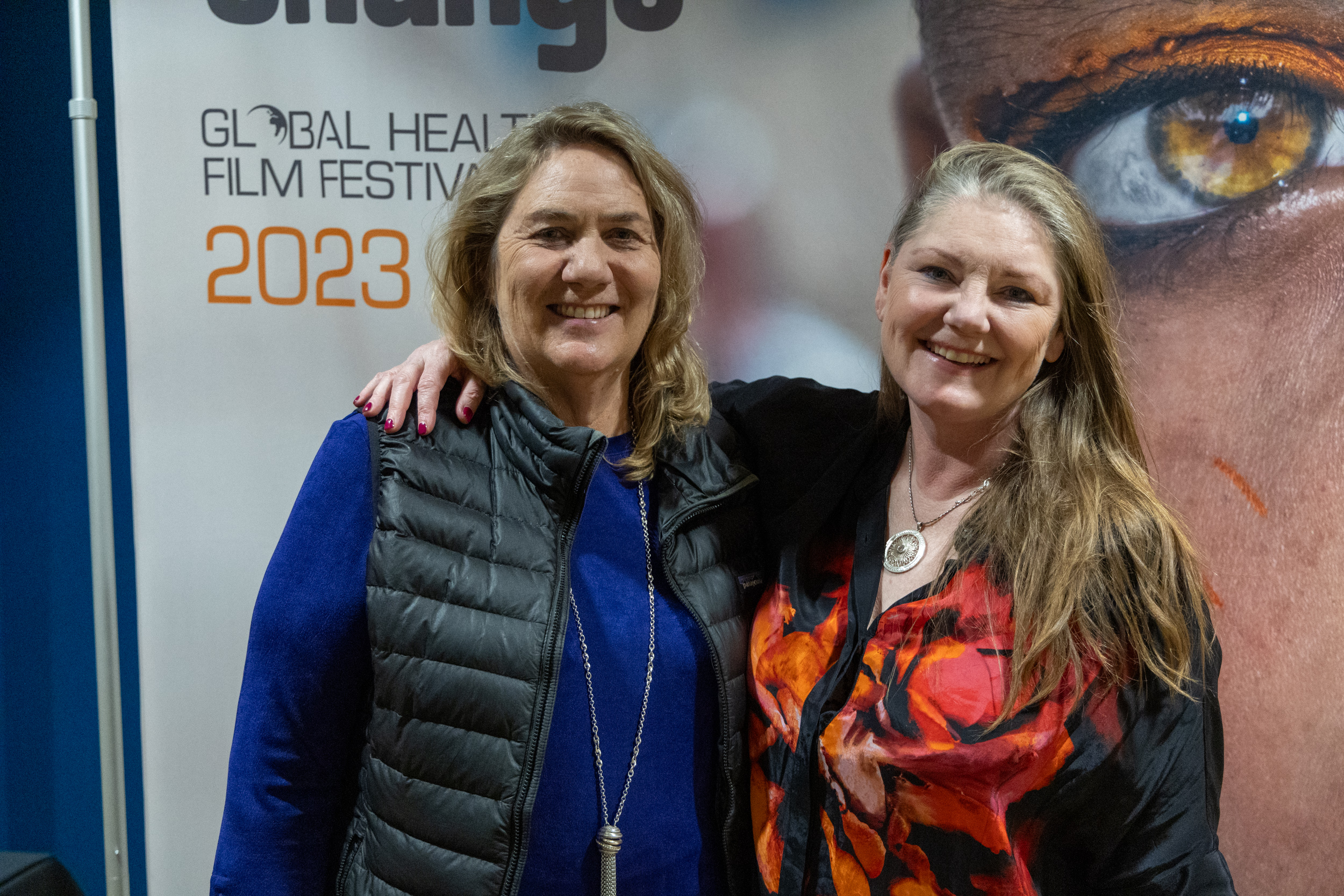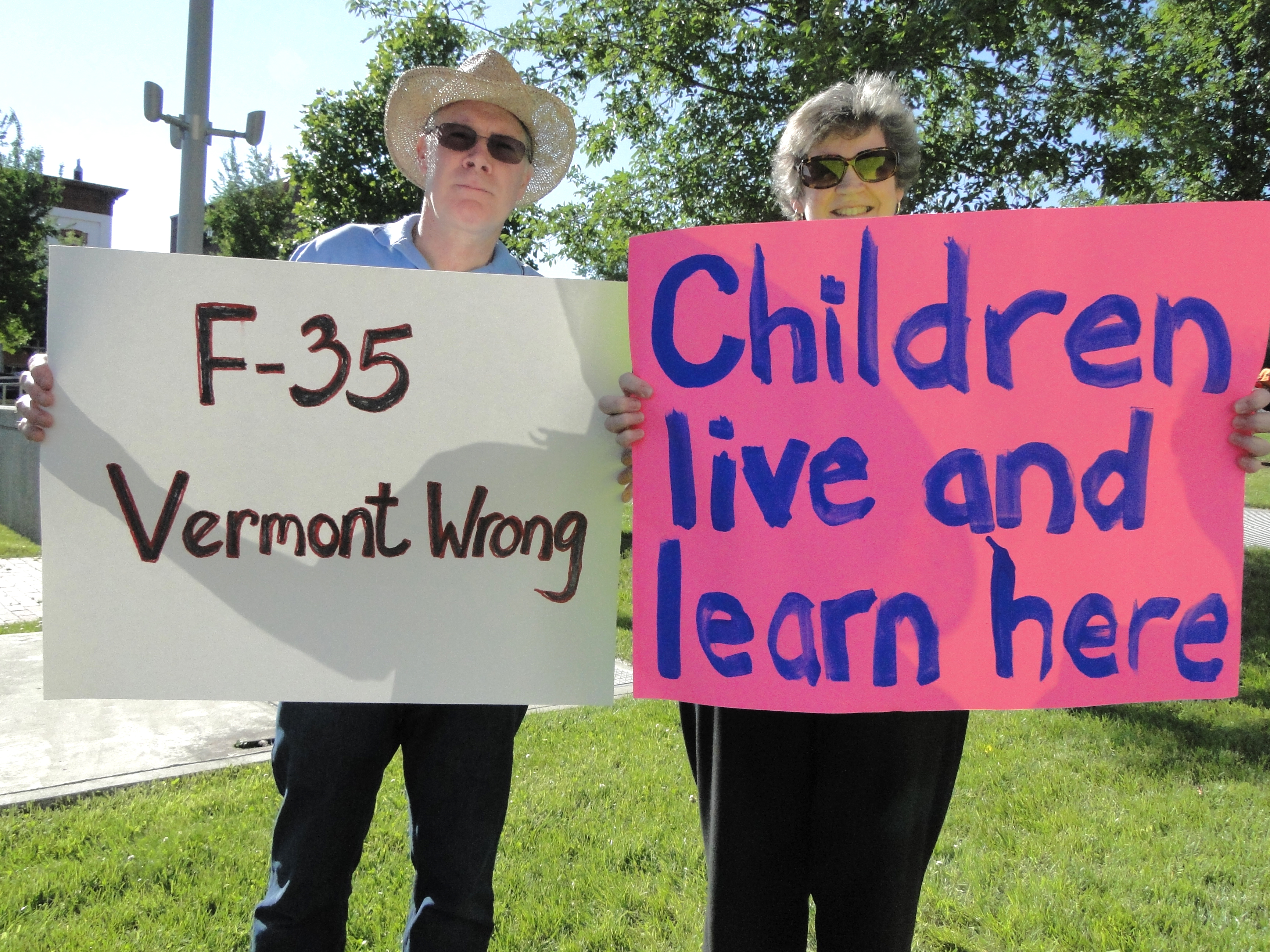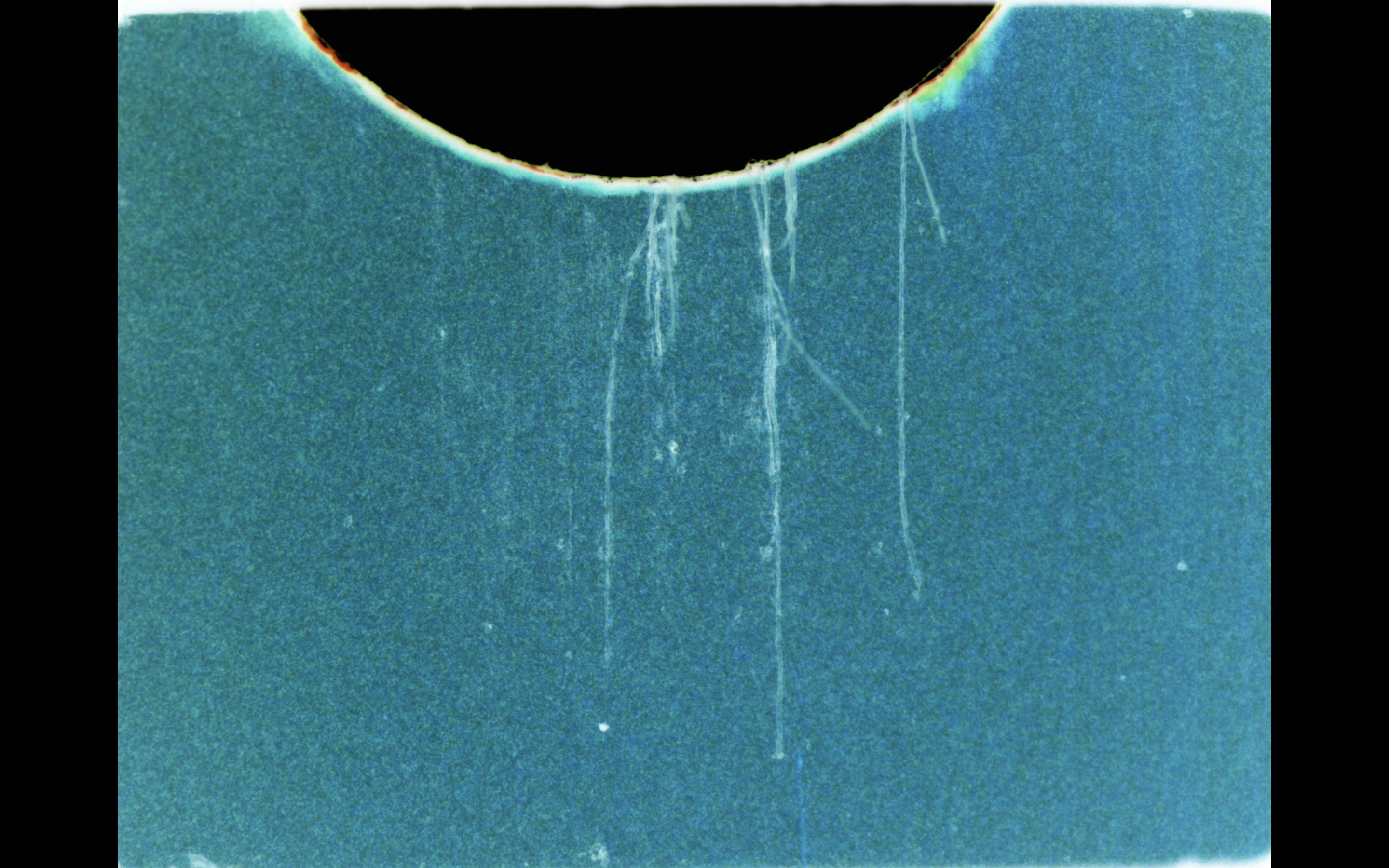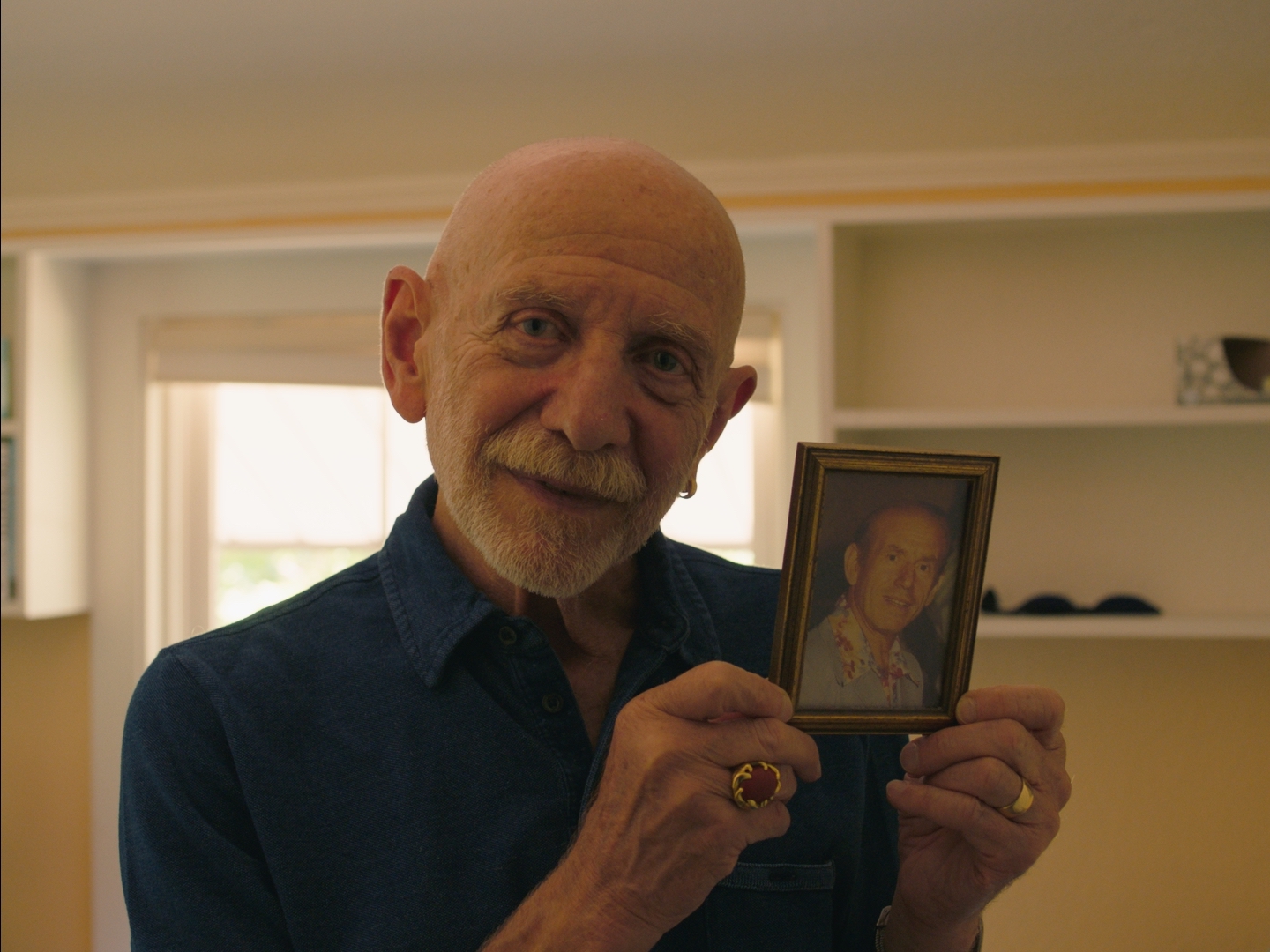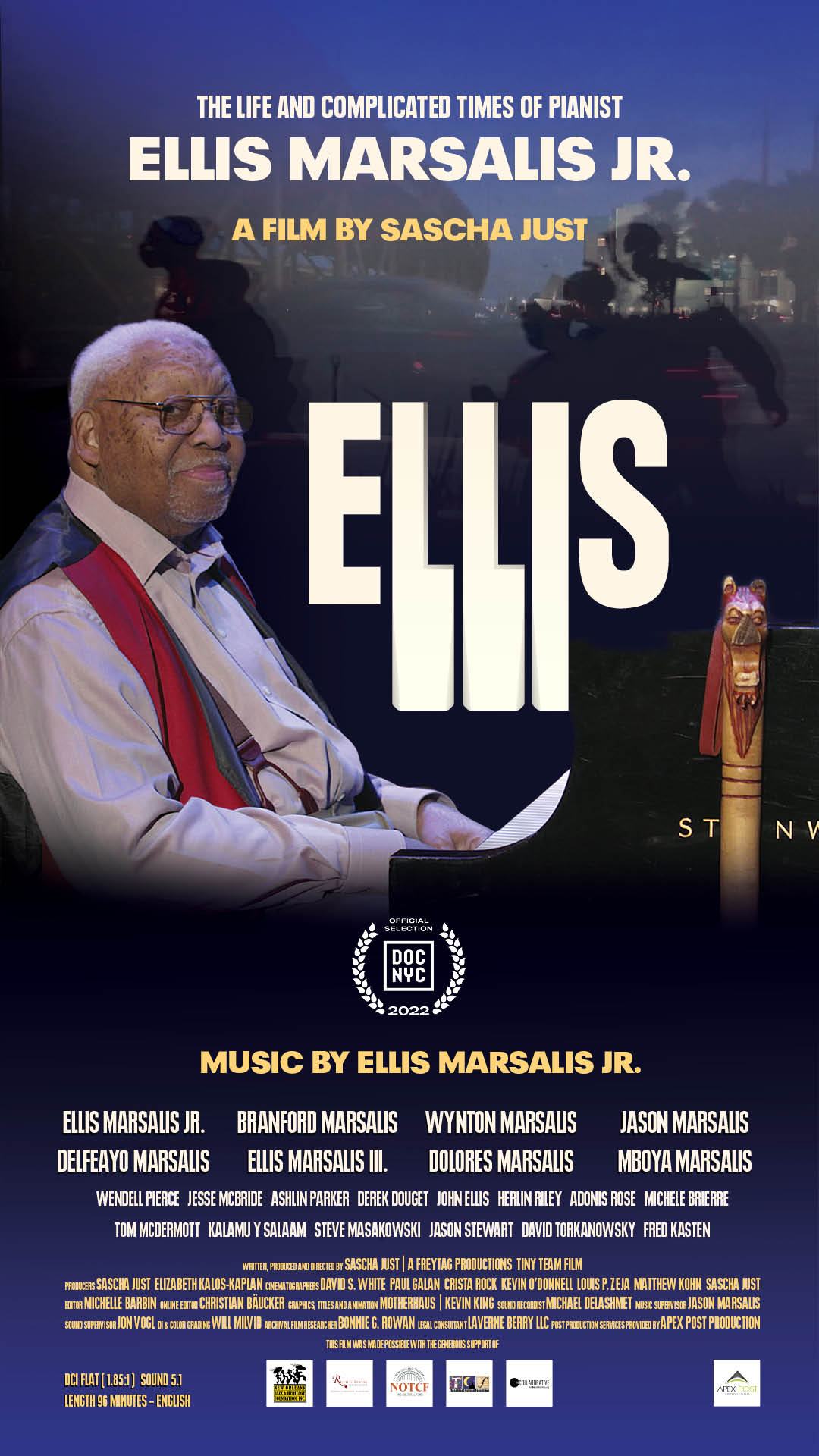Genre
Synopsis
During the COVID-19 pandemic, while many people sought refuge in the peaceful rural beauty of Vermont, a few established residents found themselves trapped in noisy home environments. This documentary explores the often-ignored crisis of noise pollution, which has significant public health and environmental justice implications in Vermont and beyond.
The lockdown provided a temporary relief from the main source of noise pollution, transportation. However, Noise Pollution Clearinghouse Executive Director LES BLOMBERG emphasizes that noise is made by everyone and affects everyone, “really it’s all of us.” Despite being the world leader in noise control 50 years ago, the United States relinquished its role during the era of deregulation, leaving state and local governments with little understanding or training, much less any funding, to protect people from the harmful effects of noise: stress, heart disease, anxiety, sleep disruption, childhood hearing loss, and interference in nervous system development.
THE QUIETEST YEAR follows the experiences of MICHAEL SHANK, a former Brandon resident, and his dream of running a farm sanctuary for abused animals. However, his plans were shattered by the lack of noise ordinances in his area which allowed his neighbors to engage in the “recreational shooting” of assault weapons, subjecting Shank to constant gunfire nearby. Despite his attempts to address the issue respectfully, his neighbors refused to cooperate, and local authorities turned a blind eye. Shank suffered trauma and physical health deterioration due to chronic exposure to close-range gunfire and repeated overactivation of his nervous system.
Similarly, director KAREN AKINS, residing in the historic village of Stowe, faced long-term incessant animal noise in her home due to the lack of setbacks and absence of zoning or noise ordinances preventing incompatible noise that reached beyond property boundaries. This caused her extreme physical and psychological symptoms, forcing her to relocate, choosing her health over her home when local officials refused to get involved in her “neighbor dispute.”
In Vermont's most densely populated region, the arrival of new fighter jets, the F-35s during the pandemic, exposed thousands of residents to excessive noise. The noise, four times louder than its predecessor, the F-16, rendered many neighborhoods unsuitable for residential use. Despite concerns raised by affected residents, local military supporters dismissed their complaints and celebrated the jets as "the sound of freedom."
ROSANNE GRECCO, a retired Air Force Colonel, fought against the basing of the jets in Vermont. For her efforts to analyze and inform decision makers of the harms of the jets, she faced vandalism and threats from F-35 supporters, simply for telling the truth. Thousands of affected residents feel trapped, often due to the lack of affordable alternatives for housing, and must resort to extreme measures to protect themselves, such as using noise-canceling headphones on infants when spending time outdoors.
Throughout the film, leading medical experts on noise and health, including cardiologist DR. MICHAEL OSBORNE and neurologist DR. PETER BINGHAM, provide medical insights. Additionally, experts in noise control, such as DAN GAUGER OF BOSE, ETHAN BOURDEAU, and EDDIE DUNCAN, explore technological and regulatory solutions. But the film emphasizes that noise is a health crisis that will not be solved by the medical or scientific community - it requires political action. While some elected officials are responding to the need for noise protection, attitudes and laws throughout the country are wildly inconsistent, leaving citizens without adequate protection. However, progress is being made, with even some Vermont cities and towns implementing exhaust noise ordinances, public nuisance orders, and restrictions on engine brake usage at night.
There is hope for change through Vermont's progressive climate change measures, which aim to shift to quieter alternatives from internal combustion products. As Blomberg notes, the end of the fossil fuel era of noise pollution is pushing society towards quieter solutions. Organizations like Quiet Communities are also taking legal action against the EPA for failing to uphold their duties under the Noise Control Act, which puts the health of over 100 million Americans at risk. Locally, Akins is collecting noise data to present to elected officials and collaborating with neighbors to find solutions.
Sadly, Shank no longer felt safe and decided to sell his farm and leave Vermont, fearing a major cardiac event, a heart attack or stroke due to noise. Blomberg emphasizes that fleeing noise cannot be the long term solution, in spite of being the number one form of noise control over the past half century. .”We can’t flee the noise anymore.” In conclusion, this documentary sheds light on the often-overlooked crisis of noise pollution. It highlights the detrimental effects of noise on public health and the environment, while emphasizing the need for political action to address this issue.
Bio
Karen Akins is an award winning documentary film director with a strong interest in health, social justice, and the environment. Awards: Best Documentary Director, Harlem Film Festival (2020). She has just premiered her newest feature doc, THE QUIETEST YEAR, at the Global Health Film Festival in London (Dec 2023).
Karen’s first documentary EL SUSTO, released in 2019, explored the politics of sugary drinks and diabetes in Mexico. It is currently available on streaming platforms and also widely used in universities, global health programs, medical schools, and with Latino Health groups. Awards include Best National Feature, South Texas International Film Festival, 2nd Place Documentary, United Latin International Film Festival, Official Selection at the Global Health Film Festival (London), Public Health Film Festival (Munich), Breakthroughs: The Tulane Public Health and Social Justice Film Festival, Festival de Cine Latino Americano-Norte (Finalist), and the New Haven Documentary Film Festival
Demonstrating her love of interdisciplinary fields of study, Karen holds 2 masters degrees in City Design and Social Science (2002) and International Relations (1979), both from the London School of Economics and Political Science. She lives in Stowe, Vermont where she enjoys outdoor pursuits and quiet… when she can get it.
Screening History
Global Health Film Festival 2023
Awards History
Noise Free America 2022 - Healthy Soundscapes Award
Credits
Narrator - Jay Harrington
Cinematographer - Michael Fisher
Editor - Sandra Guardado

